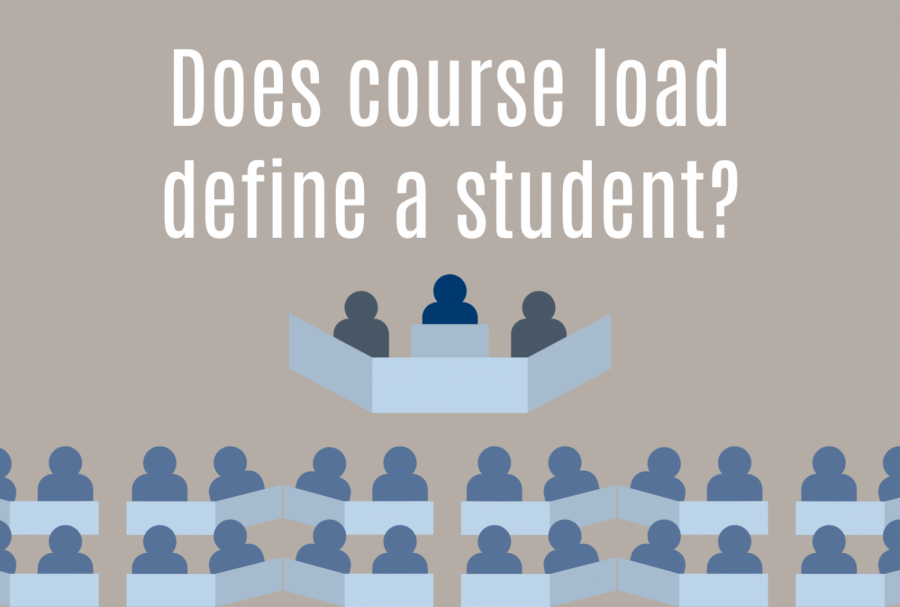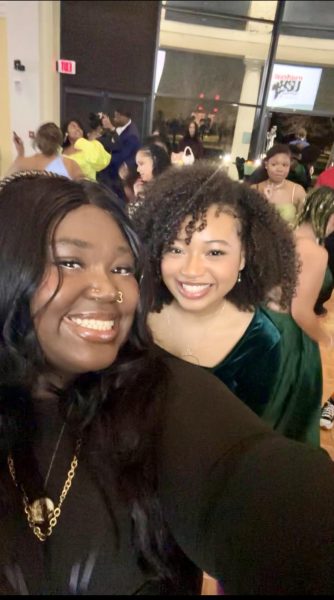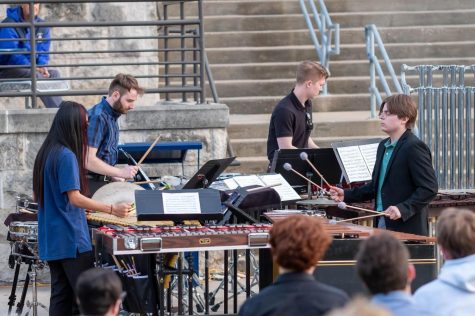WSGA makes students pay but lacks equal opportunity
Senate Bill 21-22 #067 is thus far a failed bill aimed at fixing an inconsistency within the Washburn Student Government’s eligibility requirements. As it stands currently, to become a senator in the Student Senate one must, among other things, be enrolled in at least six credit hours at Washburn University. This seems, on the face of it, quite fair. Students, as the name suggests, should be engaged with the university academically. Those with fewer than six credit hours are enrolled in few class(es), seemingly making it justifiable to prevent them from joining the senate.
However, what this system neglects to account for is the student activity fee. The student activity fee is a $55 payment all students, even those with a mere one credit hour, have to pay. This payment goes towards the student senate’s funding, which the senate uses to help organizations plan events and purchase apparel. From this, we can begin to see the problem: Students with less than six credit hours give money to the student government, however they are not allowed to participate in said government. Senate bill 21-22 #067 aims to correct this.
The bill in question offers a simple solution: lower the credit limit from six to three. A previous iteration of the bill lowered the limit to one, but as it’s exceedingly difficult and perhaps impossible to enroll in one credit hour, this was changed. This would solve the apparent “no taxation without representation” problem, and make the senate more open to new members. However, the majority of the senate voted twice on two separate occasions to strike down the bill. Most of the arguments in opposition can be separated into three distinct categories: High Standards, non-students and lack of demand. This piece will show how none of these arguments hold any value, and how the Senate needs to bring this bill back onto the table and vote yes.
The “high standards” argument is the idea that we need to ensure we get the “best of the best” in student government, and that those with fewer than six credit hours are not the “cream of the crop.” This is a silly stand to take, as it’s based on an absurd assumption: Those with less than six credit hours are somehow incapable at making good decisions for the sake of the school. Not only is this quite elitist, but it also reeks of the idea of “high quality votes.”
Recently, in Hong Kong, election laws have been passed changing who can run for office and who can vote to ensure the Chinese Party maintains control. The excuse they use is that they intend to make sure those voting are of “high quality.” Only those a part of the single party system are capable of making good decisions. Only those with six or more credit hours are capable of making good decisions.
Now, one may object that while yes, those with fewer than six credit hours are perfectly intelligent and wise, they simply are not on campus enough, or engaged with the university, or aren’t “real students” and therefore are not wise with regards to the university in the same way a six credit hour student is. This leads us into the “non-students” argument.
The “non-students” argument, as outlined above, is the argument that those with less than six credit hours are not aware or understanding of student culture or life on campus. Take for instance those still in high school, who are taking a single college course but are not on campus. Another example would be an auditor taking a single class, but also being 80 years old and not engaging on campus. This is honestly likely the fairest argument. However, it once again assumes something inherently problematic: some students are more “student” than others, and that there is some ideal student we all aspire to be, and only those with the capacity and ability to model such an ideal are allowed to use the money of others in the student government. This is problematic as it assumes all students should fit in one bucket, otherwise they cannot be “real students.”
Following this logic, can we say that only those who engage in a minimum of five student organizations be called “real students?” Or even more extreme, how about we exclude students with depression, as it has the ability to hamper academic success? Or, on the contrary, only those who are courageous and seek university services to address mental health issues are “true students,” as they use more of the university’s services and thus are wiser in the ways of Washburn?
Clearly, this concept of an “ideal student” we must all aspire to be is flawed. All students at Washburn are different, unique individuals, and the fact that some of us are quite different from others is not reason to exclude them from using money that they paid, but rather all the more reason to include them.
I yield that, yes, a student who is quite old or quite young will have a different experience than I do. I will also yield that a student of color or a student struggling with physical or mental health will experience a difference as well. But the argument that these “non-students” are not like us, and therefore would do a bad job of representing “ideal-student” views, is just like saying that these “non-students” are not like us, and therefore we cannot adequately represent them. The purpose of the student government is to represent all student needs, not only those precisely like us.
The final argument is the “lack of demand” argument. This argument is as simple to explain as it is to undermine: some argued that, since there are very few students with less than six credit hours, and since not a single one of these students has ever requested to join Washburn Student Government, this bill will have no effect and thus doesn’t need to be passed. By this logic, the 19th Amendment, the amendment that was passed in 1920 that granted women the right to vote, should only have been passed in 1920, and not a year earlier. Simply put, there were too few women fighting for the right to vote, and therefore allowing them to do so would have had little to no effect. But by 1920, there were so many wanting to vote, it was time to pass the amendment.
This line of thinking is ludicrous! By this logic as well, it follows that if women stop voting or advocating for their right to vote, we’d be perfectly justified in repealing the 19th Amendment! The fact that no one is fighting for their freedom or right is not justification to deny them that right. Indeed, perhaps the reason we are unaware of their fighting is simply because one right which is denied to them is the right to fight.
That all being said, I am a senator in Washburn Student Government, and I voted to pass this bill both times when it was brought up. The current host of this bill is planning on dropping it, and it’s at risk of never being brought up again for the foreseeable future. If you happen to be a fewer than six credit hour student, or any student in general interested in this discussion, please send me an email at [email protected], I want to hear everyone’s voices, whether they disagree with me or not. I thank you for reading, and I hope you have a brilliant day.
Your donation will support the student journalists of Washburn University. Your contribution will allow us to purchase equipment and cover our annual website hosting costs.














